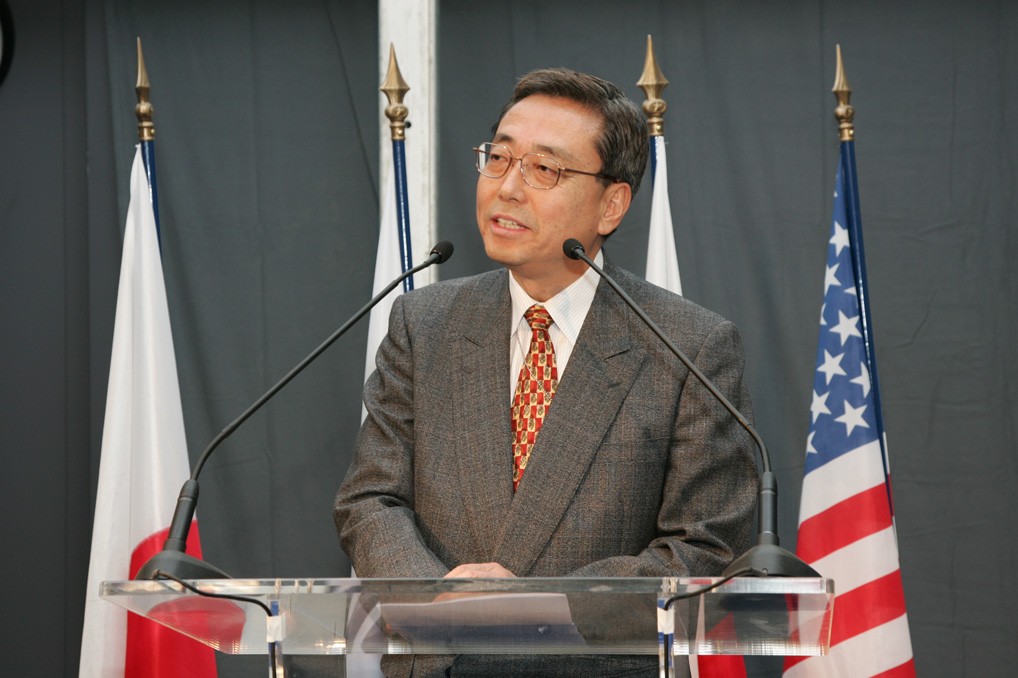ITER NEWSLINE
15
Kaname Ikeda, ITER Director General

Kaname Ikeda, ITER Director-General
return to Newsline #15


